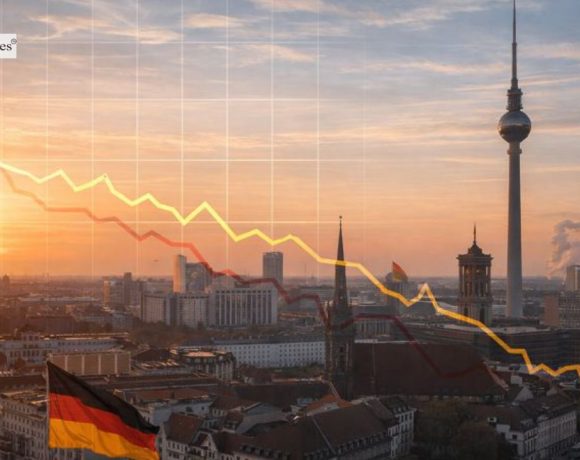
Germany’s economic recovery after three years of stagnation is expected to begin slowly next year before gaining momentum later, according to the Bundesbank’s latest biannual economic projections. Europe’s largest economy has struggled since 2023 due to a weakened industrial sector, subdued consumer spending and restrained government expenditure. A turnaround began this year after Chancellor Friedrich Merz eased spending rules and announced higher outlays on defence and infrastructure.
Bundesbank President Joachim Nagel said growth would remain modest at first but strengthen from the second quarter of 2026, supported by increased government spending and a revival in exports. The central bank now forecasts economic growth of 0.2% in 2025, an improvement from its earlier expectation of stagnation, while growth in 2026 is projected at 0.6%, slightly below its previous estimate.
Inflation projections, however, have been revised sharply higher due to faster-than-expected wage growth. The Bundesbank warned that strong wage increases, driven by low unemployment and labour shortages, could persist for years. Consumer price inflation is now expected to reach 2.2% in 2025, up from an earlier forecast of 1.5%, influencing the European Central Bank’s decision to raise its own euro zone inflation outlook and maintain a cautious policy stance.
Pic courtesy: google/ images are subject to copyright

